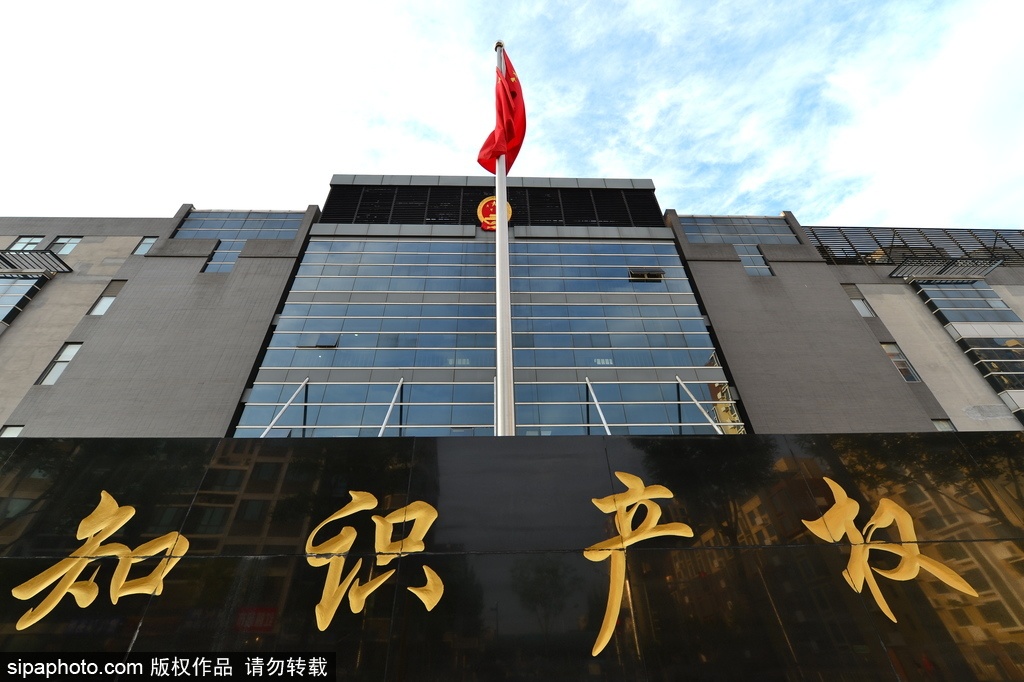
The development of intellectual property in China over the past 30 years is as impressive as the country's economic growth, according to a top global IP expert. (Photo: Sipa)
Shanghai courts received 23,580 intellectual property lawsuits and IP theft and piracy cases and closed 23,510 of them last year, a rise of 3.97 percent and 6.28 percent respectively, the Shanghai High People's Court said on Thursday.
The court on Thursday also published the white paper Trial of Intellectual Property Cases by Shanghai Courts in 2019 through a live broadcast online, ahead of World Intellectual Property Day on April 26.
In terms of the lawsuits, the number of those regarding disputes in the areas of franchise contract and patent rights increased by 140 percent and 91 percent year-on-year respectively, said the court.
"Such increases show that there are many things that still need to be regulated when it comes to franchising, and the city needs to pay more attention to patent rights protection amid its quest to become a scientific and technological hub with international influence," said Zhang Bin, vice president of the court.
Some of the lawsuits and IP theft cases in the past year involved large sums of money and received considerable public attention, the court said. One of the examples it raised was the case of a gang of nine people who manufactured fake Kiehl's facial cream and made more than 4 million yuan ($565,000) in online sales.
Members of the group were later sentenced to prison terms ranging from one year and four months to four years and six months.
The court added that it had in June last year signed an agreement on IP judicial protection and collaboration with its counterparts in the provinces of Zhejiang, Jiangsu, and Anhui to strengthen the interactivity of IP protection within the Yangtze River Delta region.
In October last year, the Pudong district court also established a tribunal for IP cases in the Lingang New Area to respond to the legal protection requirements in this new expansion to the China (Shanghai) Pilot Free Trade Zone.


